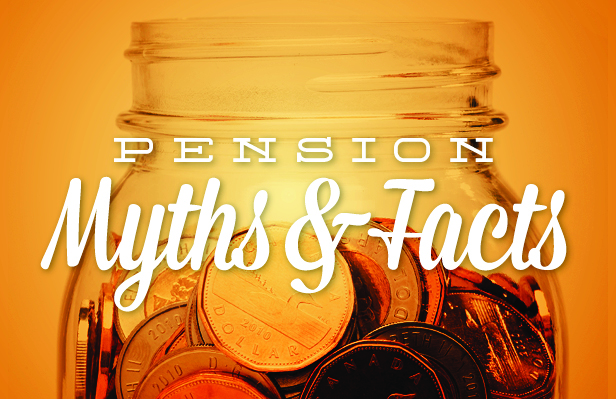Media

Wolf Wrong About Pensions & Downgrades
Over the past week, Gov. Tom Wolf has been defending his vetoes of the state budget, pension reform, and liquor privatization, noting that rating agencies have been downgrading Pennsylvania’s bond rating. Wolf doesn’t mention that every single downgrade cites pension liabilities as a major reason for our downgrade.
His veto of SB 1, ironically, kills a pension reform measure that ratings agencies like, while his proposal—$3 billion in new state debt via pension obligation bonds—has been panned by rating agencies.
Moody’s has warned states and local governments against using pension obligation bonds:
Pension bonds are often a red flag associated with greater rigidity of long term obligations, failure to find sustainable solutions to pension funding and a pattern of pushing costs off into the future.
Over the weekend, the Washington Post and ProPublica ran a must-read story on the failed track record of pension obligation bonds, and why experts warn against using them:
If the timing is wrong, these so-called pension obligation bonds could clobber the finances of the government issuers. Pension funds and beneficiaries will be better off because pensions will be more soundly financed. But taxpayers — present and future — might be considerably worse off. They will be running huge risks and could get stuck with a massive tab. …
“These bonds are pernicious,” said Alicia Munnell, director of the Center for Retirement Research at Boston College. “They discourage pension funding. They shift costs forward to future generations.”
The story goes on to discuss Gov. Wolf’s proposal:
In Pennsylvania, the Republican-controlled legislature would rather trim benefits than incur a hard obligation by supporting Democratic Gov. Tom Wolf’s proposal to sell $3 billion in pension bonds.
Wolf wants to pay for the bonds with $185 million a year in projected profits from expanding sales at state-owned liquor stores. On Thursday, he vetoed a Republican package that, among other things, would have converted future pensions into a less-generous 401(k)-style plan.
The alternative? Drinking up to help fund pensions, and hoping not to get a hangover from pouring billions in liquid assets down the drain.
Likewise, Gov. Wolf should re-read the New York Times piece on pension obligation bonds from May:
The flood of cash from the bonds may also tempt officials into taking a break from their pension-funding schedule — the very action that has caused so much pension distress to begin with. Skipping annual pension contributions produces an off-balance-sheet debt that can start growing exponentially.
“These deals are being done as a budget gimmick,” said Matt Fabian, a managing director at Municipal Market Advisors, who keeps a database of municipal bond defaults and other mishaps. “They should not be done at all.”
In contrast, shifting new employees to a defined contribution plan—or even a hybrid or cash balance retirement plan, like the proposal Gov. Wolf vetoed—is viewed positively by ratings agencies.
Here is S&P on the subject of moving to a new plan design in a 2014 report:
According to NCSL, between 2012 and 2014, 17 states and Puerto Rico passed 43 bills related to defined contributions, cash balance, or hybrid plans. Among these are Kentucky, Louisiana, Tennessee, and Virginia. Earlier this month, Oklahoma became the 18th state to join the ranks after Gov. Mary Fallin signed a bill that moves future employees of the state’s non-hazardous plans to a 401(k) defined contribution plan. …
We believe that such reforms, despite potentially adding more near-term budgetary costs, can be important components of a government’s overall liability management and contribute to greater plan affordability over time.
If Gov. Wolf is serious about improving our credit rating, and avoiding “gimmicks,” he should drop proposals to use pension bonds and start discussing real pension reform.